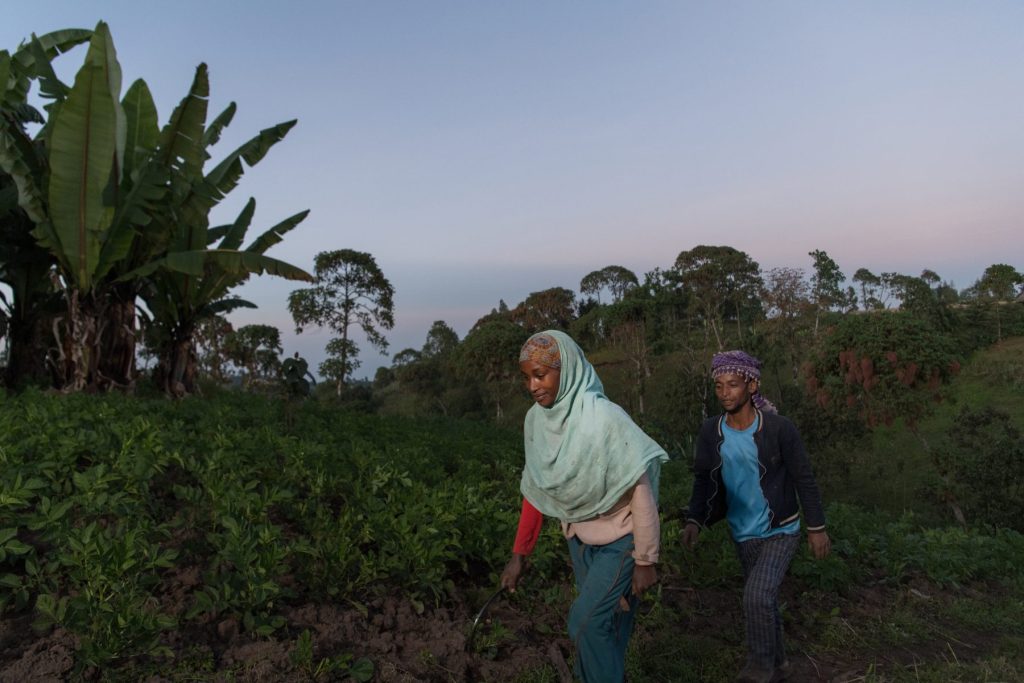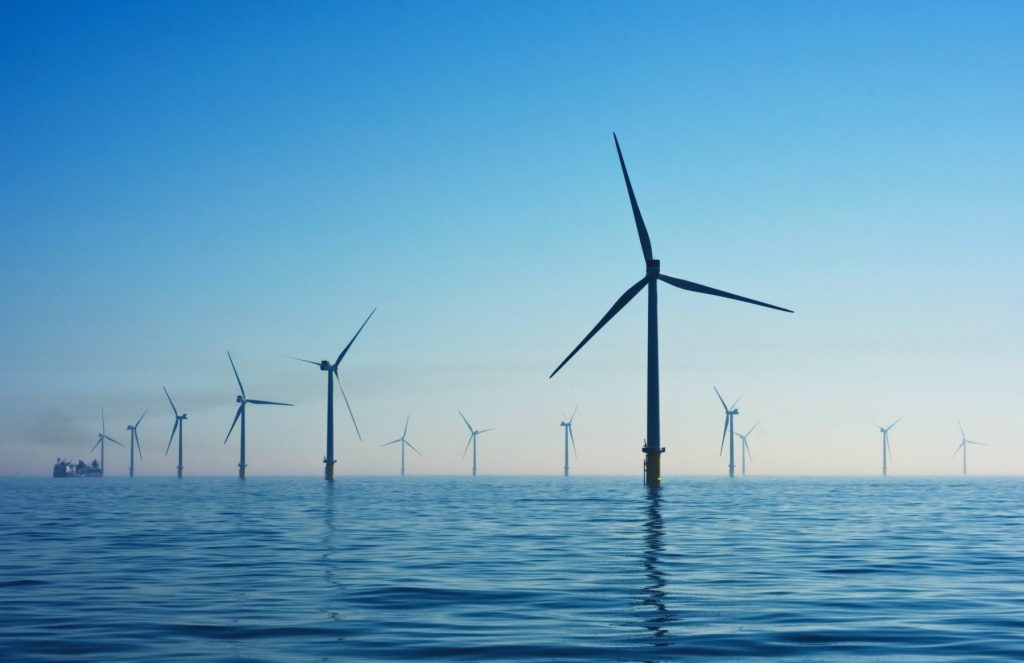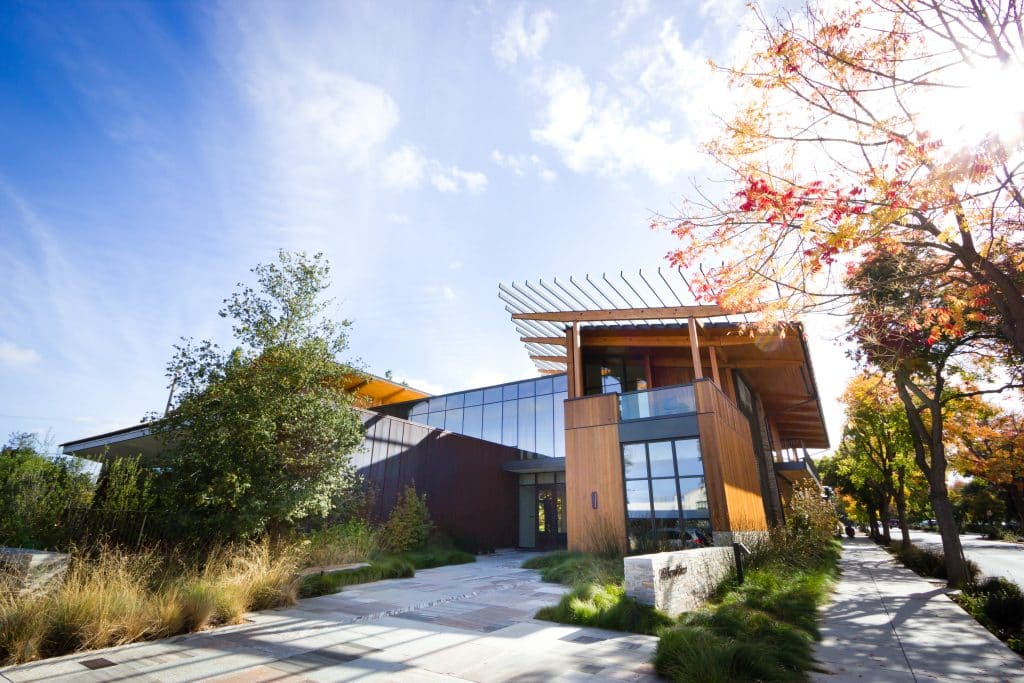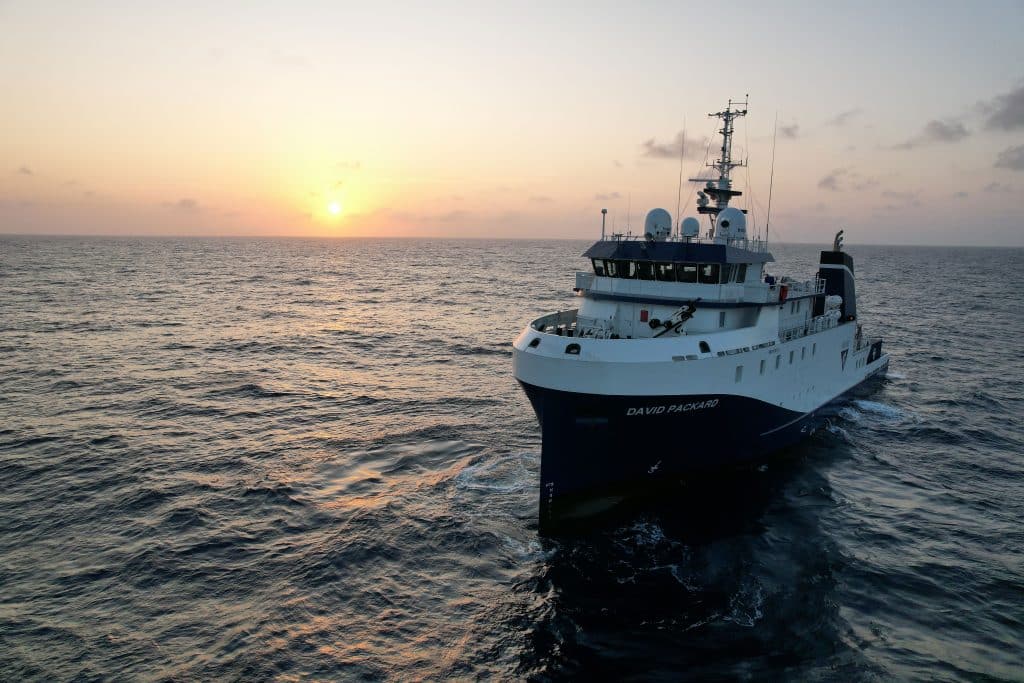Tackling climate change has been among the highest priorities of the Packard Foundation for the past fifteen years. Climate change impacts all the issues we care about at the Foundation. Over this time, we have invested more than $1 billion in grantee partners who have worked tirelessly to mitigate climate change, address climate and land use, and develop innovative climate strategies. More recently, we joined the largest public-private commitment to date to support the rights and recognition of Indigenous peoples and local communities as nature guardians.
As the Foundation continues to evolve its approach to have the greatest impact, we are focusing our climate work on two major approaches: focusing on the critical role that forests and the ocean can play in addressing the climate crisis and supporting innovative climate solutions.
As the Foundation continues to evolve its approach to have the greatest impact, we are focusing our climate work on two major approaches: focusing on the critical role that forests and the ocean can play in addressing the climate crisis and supporting innovative climate solutions. These are areas where we have deep experience and can build on progress. And even though there has been significant growth in climate philanthropy, these areas remain underfunded relative to their potential as climate solutions.
Forest and Ocean Climate Solutions
Deforestation and forest degradation are responsible for 10 to 15 percent of global greenhouse gas emissions. If tropical deforestation were a country, it would rank as the third largest source of emissions after China and the U.S. To achieve a safer climate future, we must stop and reverse tropical deforestation. Moreover, deforestation has the potential to be halted relatively quickly through government regulation and enforcement. As a result, ending deforestation is a lower-cost option that could result in rapid emission reductions in a short amount of time.
If Tropical Deforestation Were a Country, It Would Rank Third Compared to All Greenhouse Gas Emissions from Countries/Regions (Source: WRI Climate Watch 2022)
No Data Found
To end deforestation, we need to make forests more valuable standing than cut, change national policies so they result in forest protection, and support communities that are trying to keep their forests standing. Indigenous peoples and local communities know how best to manage their forests, need their territorial rights to be recognized, and to have the agency to be engaged in developing solutions for their communities and their regions.
We also know that ending and reversing tropical deforestation simply cannot be achieved alone. So, together with the Climate and Land Use Alliance, 12 foundations, and a growing number of civil society organizations focused on ensuring that funding flows to places it will have the greatest impact, we are supporting the creation of Forests, People, Climate (FPC).
FPC is a multi-partner, monumental effort that brings to bear the ambition, focus, knowledge, and partnerships required to halt and reverse tropical deforestation while delivering sustainable development and promoting an inclusive rural transformation. As an early donor, we will be supporting work across three key tropical forest regions that hold more carbon and are under more deforestation pressure than anywhere else in the world – Indonesia, the Amazon Basin, and the Congo Basin. We’re focused on ensuring that a strong and vibrant civil society within each of these regions has the resources and capacity to achieve their environmental and social goals.
The significant potential of the ocean to play a role in climate mitigation is also often overlooked. For example, ocean renewable energy, such as offshore wind, could account for 10 percent of the emission reductions needed to achieve a safer climate future. Protecting mangroves and other coastal ecosystems could add another two to three percent, while also helping to maintain coastal fisheries and protect communities from storm surges.
The Foundation’s commitment to ocean science and conservation began with our first ocean grant in 1968, and today we recognize the importance of working on ocean climate solutions to reach a safe climate future and to safeguard ocean health. We will support evidence-based responsible offshore wind planning in California and community-led ocean and coastal conservation in our priority geographies. As a longtime climate mitigation and ocean conservation funder, we are well positioned to ensure that the ocean can play a role in climate mitigation – thereby reducing climate impacts on the ocean itself – in ways that enhance local community livelihoods and provide net benefits to ocean health.
Innovative Climate Solutions
The Packard Foundation has a long history of investing in scientific leaders and giving them the freedom to pursue big, game-changing research questions, including through the Packard Fellowships in Science and Engineering. A complex problem like climate change will only be solved with a wide array and diversity of strategies and approaches that will result in progress at a significant pace and scale. Just as we can advance science by giving scientific leaders the flexibility to pursue cutting edge research, so too can we seed breakthrough climate solutions by giving outstanding leaders the flexibility to pursue their own bold solutions to the climate crisis.
For that reason, a key part of our funding going forward will center on Climate Breakthrough, an organization we helped to launch that awards unrestricted funding to outstanding problem solvers from around the world, enabling them to pursue breakthrough strategies to dramatically reduce greenhouse gas emissions. Since its inception, awardees’ strategies have shown great promise. Collectively awardees estimate their strategies will result in 4.7 Gt annual reduction in CO2 emissions by 2030, which is about 15 percent of the emission reductions needed to be on track with global goals.
Given the complexity and challenge of climate change, philanthropy is uniquely positioned to support a broad array of ideas and approaches to reduce emissions. When the range of strategists and their backgrounds and life experiences vary, so too do the range of solutions they pursue. And who knows what that winning solution will be.
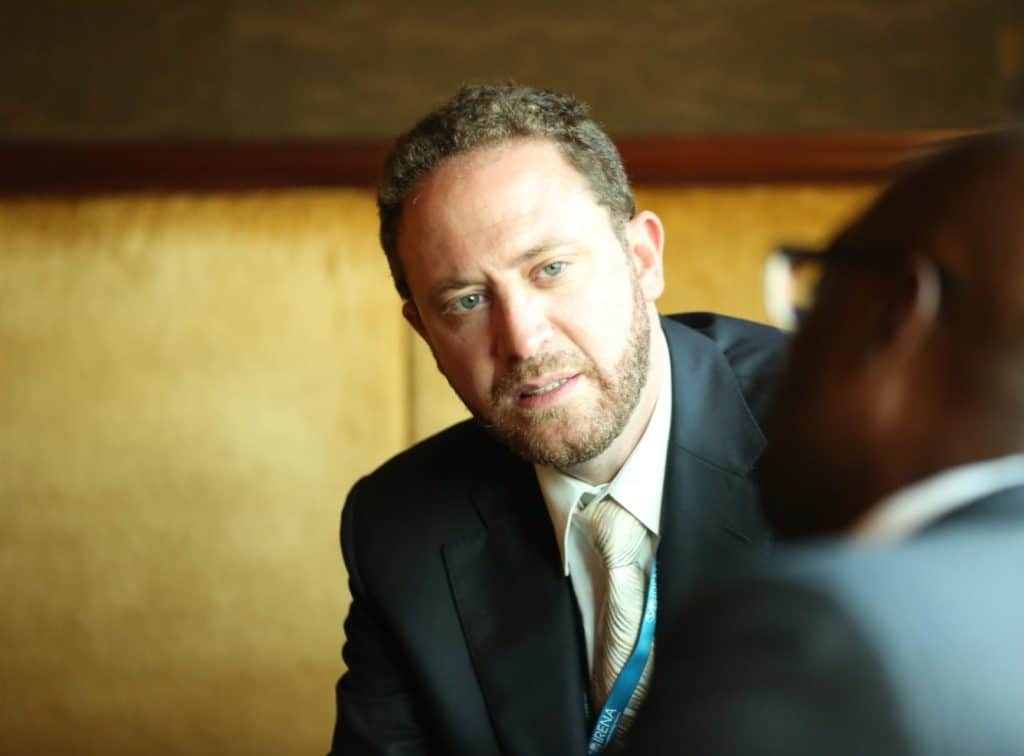
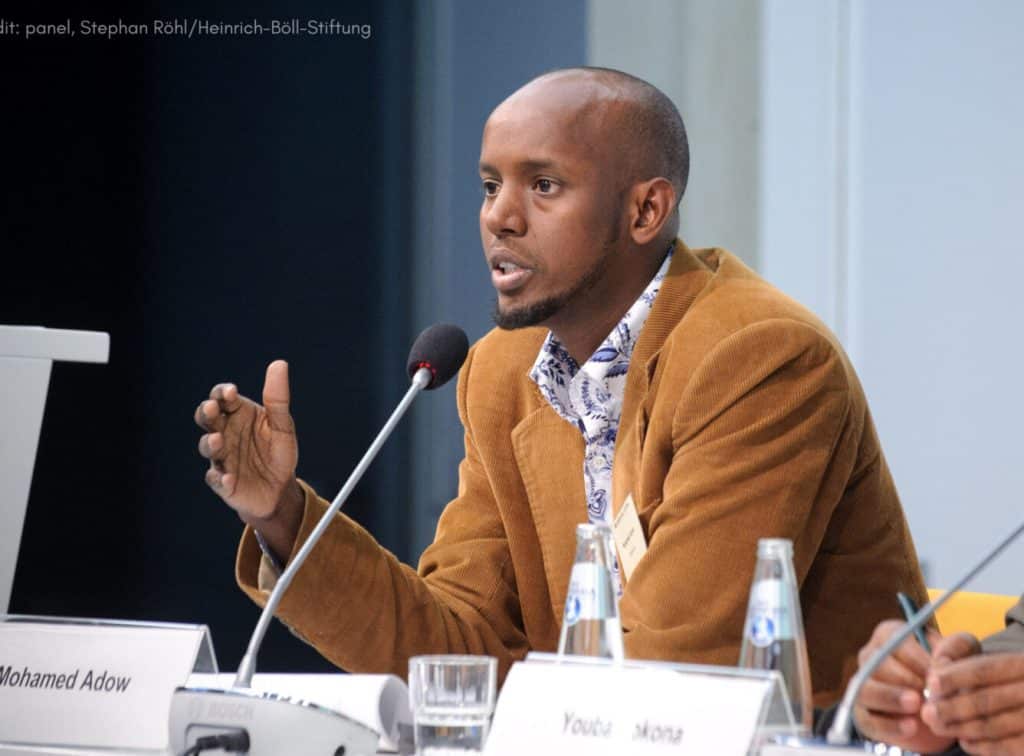
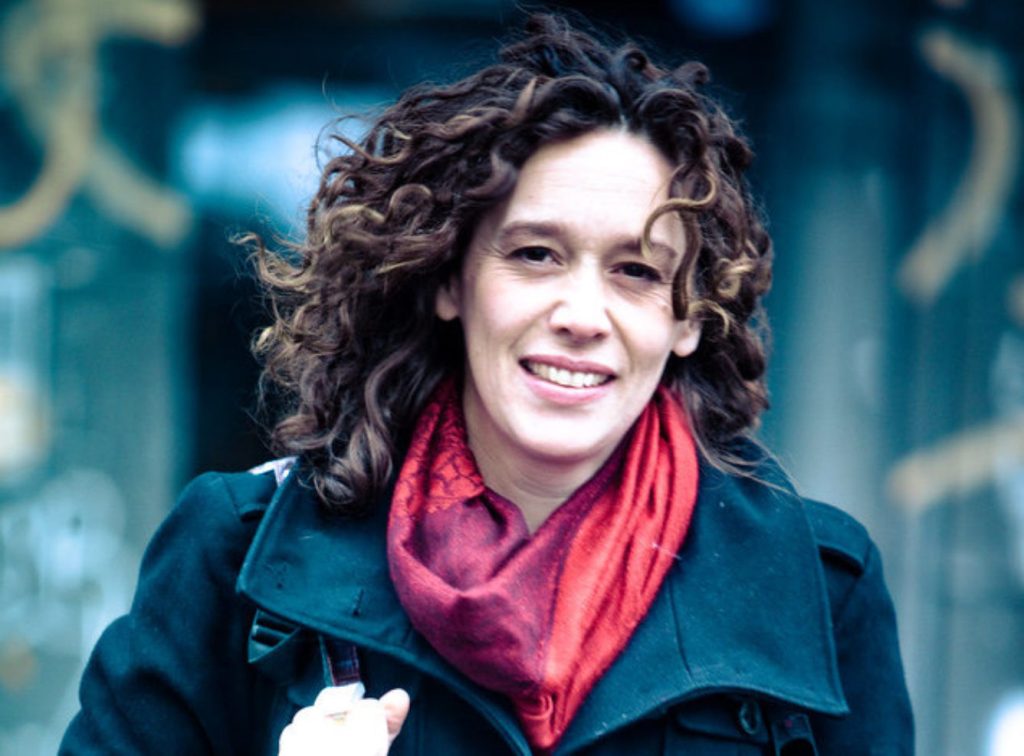

Climate Breakthrough Awardees: Sebastián Kind (Argentina, 2019), Mohamed Adow (Kenya, 2020), Tzeporah Berman (Canada, 2019), and May Mei (China, 2016).
A Deeper Alignment
We believe strongly that these approaches have great potential to address the climate crisis in ways that support local communities and enhance resilience to climate change. We are working with leaders and organizations around the world who are stepping up to the challenge of climate change with vision, urgency, and a commitment to win. In partnership with those organizations, we can realize bold progress on climate and protect our shared future.


